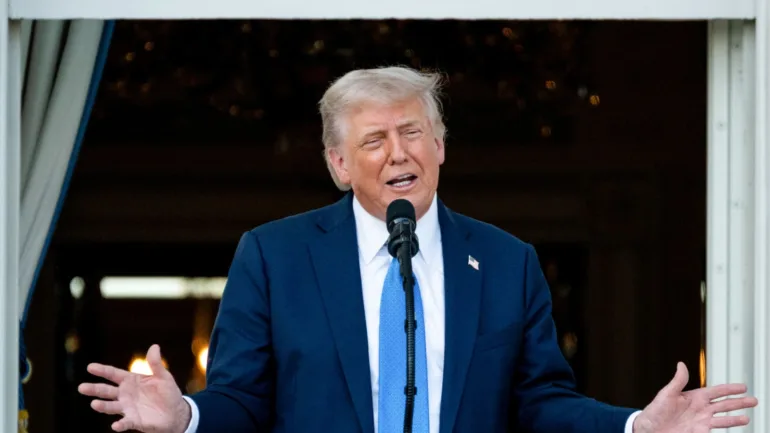The United States has temporarily suspended the issuance of visas to citizens of Burundi, citing “repeated violations” of immigration rules, the U.S. Embassy in Bujumbura announced on Monday.
The East African nation was among seven countries hit with partial visa restrictions in June under the immigration policies of former U.S. President Donald Trump. In addition, the administration imposed full travel bans on nationals from 12 other countries — many of them among the world’s poorest — sparking legal and human rights concerns.
In a statement posted on X (formerly Twitter), the U.S. Embassy in Burundi said: “Respecting visa rules isn’t just personal, it is national. Sadly, due to repeated violations, U.S. visas for Burundians are temporarily banned. Let us uphold the rules, because one person’s actions can close doors for an entire nation.”
The embassy did not provide specific details behind the decision.
However, a 2024 U.S. government report revealed that over 15 percent of Burundians overstayed their visas — a rate significantly higher than the global average. By comparison, overstay rates included 49 percent for Chadian nationals and just 0.15 percent for Japanese citizens.
A Burundian government official, speaking anonymously due to lack of authorization to comment publicly, said talks were ongoing with U.S. counterparts in hopes of lifting the ban.
In June, the U.S. had already suspended certain visa categories for Burundians, including those for students and individuals seeking medical treatment.
Countries facing full travel bans under the Trump-era immigration measures include the Republic of Congo, Equatorial Guinea, Eritrea, Somalia, and Sudan. The U.S. administration justified the bans on grounds ranging from weak passport security to high overstay rates and inadequate government vetting systems.
The decision has drawn criticism from international observers who argue the policy disproportionately targets low-income and politically unstable nations.
AFP


